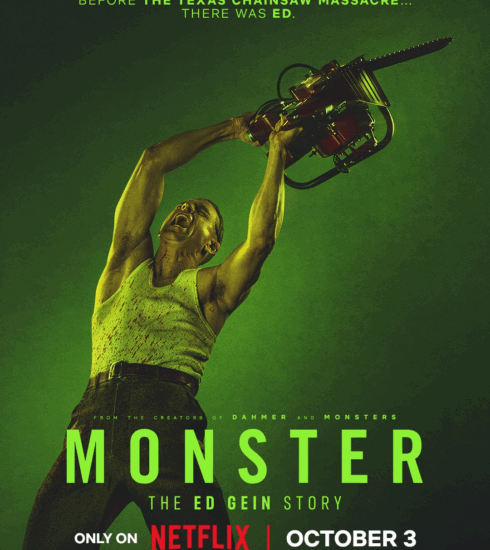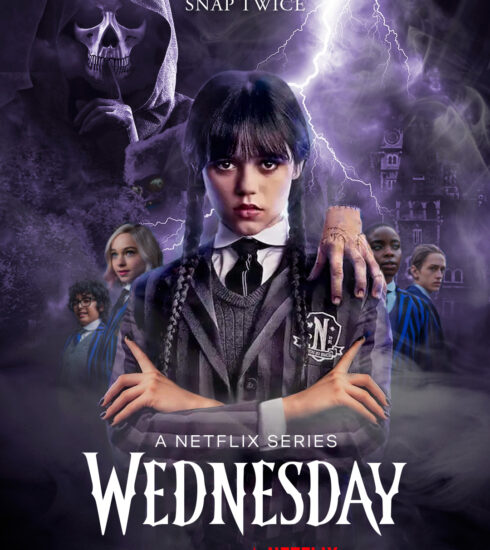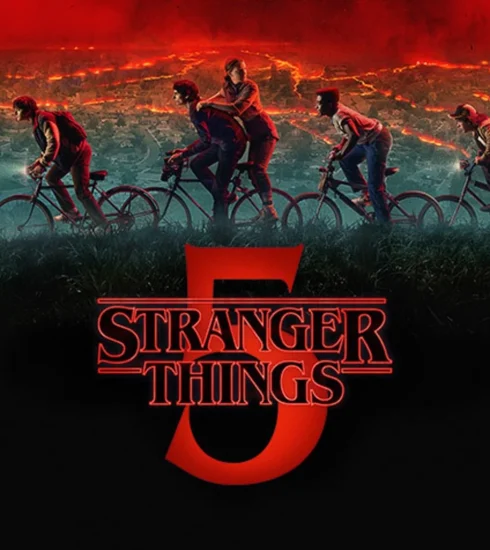Watch of the Week: Black Mirror Season 7
The most imaginative and relevant show on TV isn’t the one about tourists from hell turning a tropical paradise upside down or the one about corporate drones who separate the professional from the personal. It has been on the air for 14 years, and its new season, out now on Netflix, might actually be its best yet.
Yes, Black Mirror is back for a seventh instalment, ready to poke and prod at all of your technological future-shock anxieties. But a funny (or perhaps not so funny) thing has happened since the anthology series bowed on England’s Channel 4 back in 2011 before moving to Netflix in 2016. Those anxieties, upgraded for these times when artificial intelligence seems to be on everyone’s minds and lips, now belong as much to the present as the future.”
Black Mirror, created by Charlie Brooker (who also has a hand in writing each stand-alone episode), remains firmly in the land of sci-fi, but the shudders and laughter it induces run deeper than ever before.
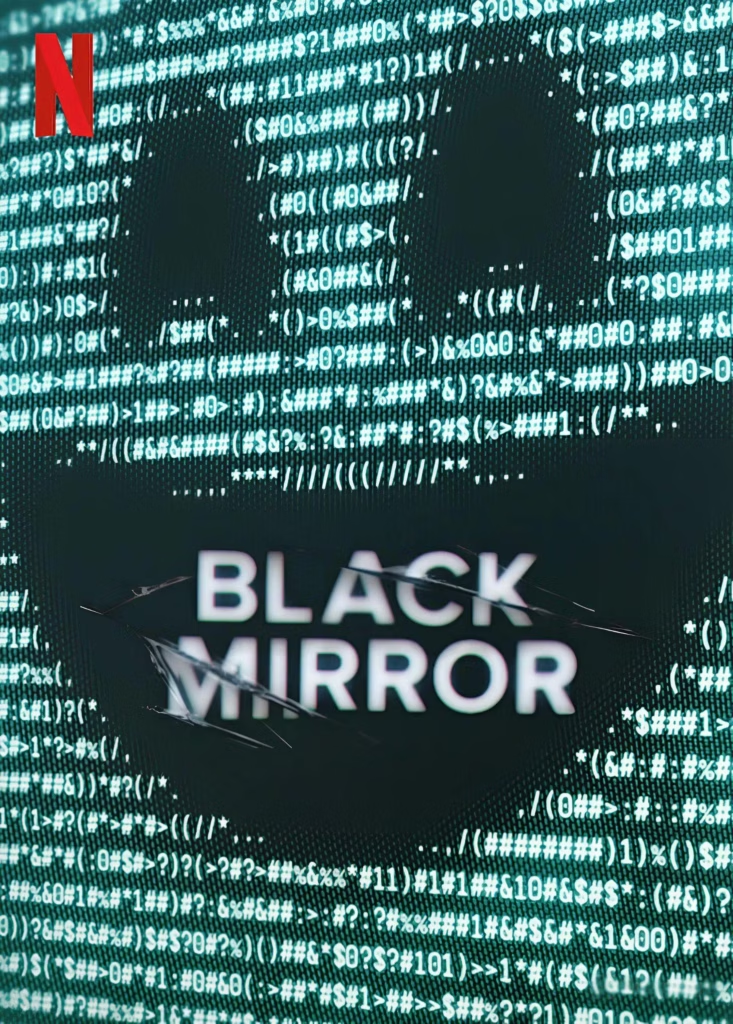
The premiere episode, Common People, sets the tone by working in registers that range from comedy to tragedy to terror. A couple in the near future, Amanda and Mike (Rashida Jones and Chris O’Dowd) is sent reeling when Amanda is diagnosed with an aggressive form of brain cancer. But wait: A new startup medical company, Rivermind, saves Amanda’s life with a groundbreaking digital brain-scan technology. There are, however, side effects.
Amanda begins unconsciously spouting ad copy for everything from breakfast cereal to Christian family counselling. This bug can be fixed, but only for an upcharge (offered by Tracee Ellis Ross’ ever-smiling sales associate, also a Rivermind customer). Life and death are now a matter of coverage tiers. To meet the new financial demand, Mike, an overworked construction foreman, spends his free time on Dum Dummies, a crowdfunded website that offers cash rewards for on-camera acts of self-humiliation.
It all adds up to a perfect storm of tech-enabled degradation. But Black Mirror” constantly distinguishes itself by dramatizing both sides of the technology equation, the potential, tantalizing benefits and the dehumanizing consequences. The series also excels at integrating major and minor storylines with a precision that would make Seinfeld proud.
The season’s masterpiece is Episode 3, Hotel Reverie, which almost plays like a feature film (with a running time of 76 minutes, it could just about be one). Directed by Haolu Wang, it is also a wickedly smart commentary on the future of filmmaking.
Issa Rae plays Brandy Friday, an actor looking for a starring role outside the realm of what she calls “Sundance misery porn.” She finds an unusual opportunity when a high-tech studio (led by Awkwafina’s producer) places her inside a simulation of a classic British romance called Hotel Reverie. It’s a little Casablanca, a little Grand Budapest Hotel.
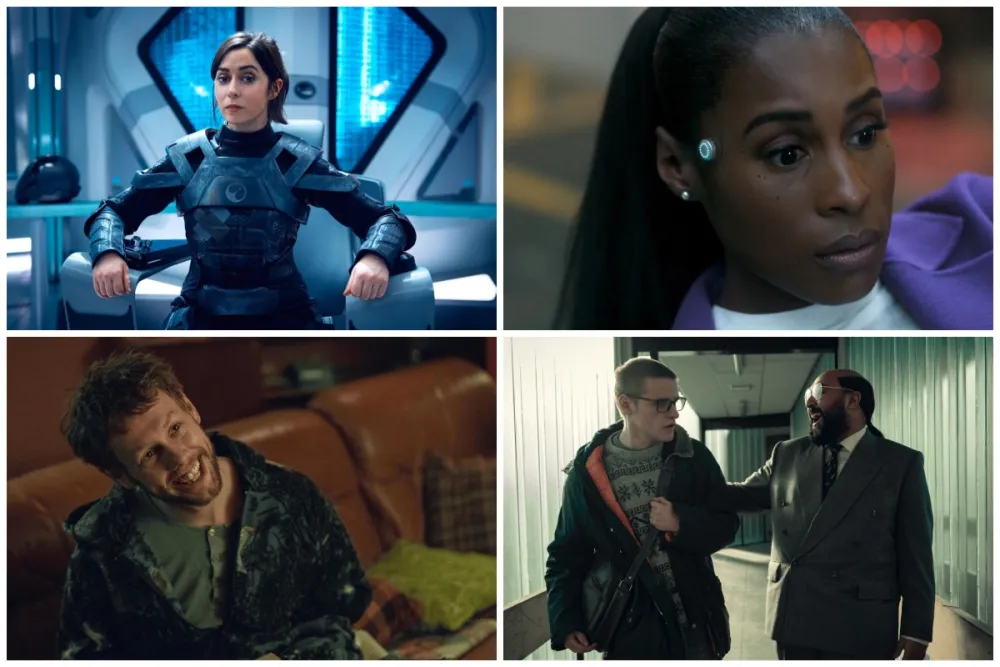
Wouldn’t you know it, there’s a glitch. Brandy gets stuck in her new black-and-white world, where she and her co-star proceed to fall in love. Hotel Reverie turns into a dizzying, tragicomic meditation on free will and what the artistic process might look like in the coming years. It is also achingly romantic. (I’m man enough to admit that I cried.)
Black Mirror has long offered a feast of juicy roles for top actors, and this season’s roster is formidable. In addition to the above, it includes Paul Giamatti, Peter Capaldi (Doctor Who), Cristin Milioti (The Penguin), Billy Magnussen and a stable of stellar British actors including Will Poulter and Rosy McEwen. McEwen particularly is a standout, playing a former bullied nerd after revenge when she lands a research and development job for an upscale food manufacturer in Episode 2, Bête Noire.
Black Mirror has often been compared to The Twilight Zone, and the praise has never felt less hyperbolic. Few, if any, series are so astutely creative about the way we live now.
Boluwatife Adesina is a media writer and the helmer of the Downtown Review page. He’s probably in a cinema near you.




